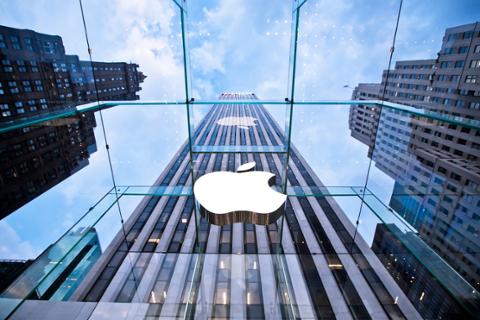Fourteen years ago this week, the original iPhone went on sale. It’s been quite a ride ever since, to put it mildly. The smartphone, originally priced at $499 or $599 (for the 4GB and 8GB models, respectively), changed the tech industry for good. Within a few years, multibillion-dollar industries had emerged around building and selling apps for the iPhone’s operating system, iOS.
Of course, the iPhone has evolved substantially since those early days. The hardware is sleeker, more powerful, and holds (much) more memory; legions of app developers have built incredible services atop iOS, from banking to gaming. If you’re interested into plunging into iOS development, what do you need to know?
It Pays Well
Like many technologist roles, being an iOS developer pays well. According to Burning Glass, which collects and analyzes job postings from across the country, the median salary for iOS development skills is $99,000, rising to $128,000 for those who’ve been working with the platform for a decade-plus.
There’s Significant Opportunity
Even if you’re not interested in becoming a full-time iOS developer, a significant percentage of mobile development jobs ask for iOS skills. If you’re interested in becoming a web developer or a software engineer, certain jobs may also want you to know iOS. Here’s another Burning Glass chart:
You Need to Learn Swift and Objective-C
For decades, the Apple ecosystem’s primary programming language was Objective-C. A few years ago, Apple unveiled Swift, designed to ultimately eliminate Objective-C’s issues while facilitating the building of apps across the various Apple platforms.
In other words, you need to learn both languages if you want to work with iOS; many companies, for example, still rely on Objective-C to maintain legacy apps. Start off by checking out Swift Playgrounds, which is designed as a fun way to teach people the fundamentals of the language. From there, Apple offers an “App Development with Swift” course via iBooks. Plus, there are lots of online learning materials devoted to Swift and Objective-C; at the very least, you can read Apple’s extensive documentation on Objective-C, which is dry but pretty comprehensive.
Focus Your iOS Developer Résumé on Your Skills and Projects
Make no mistake about it: competition for open iOS jobs can become quite fierce at moments, and many applicants have the experience and skills necessary to land the job. If you want to stand out, though, there are some straightforward steps you can follow.
For example, you should consider devoting a section of your application materials to the iOS projects you’ve worked on. Don’t worry if these were “fun” side projects, such as a game; it just shows that you have the passion and dedication to build complex things on your own time. Hiring managers and recruiters are always interested in how your conceptual approach to problems, and whether you’ve solved those problems creatively. (If you haven’t really engaged in personal iOS projects, think about doing so—it will only help your career.)
In your experience section, make sure that you highlight your skills with Swift and Objective-C. If you’ve worked with iOS at your previous jobs, describe those jobs, making sure to describe any projects’ positive outcomes for the company (“our iOS app boosted company revenues by 50 percent over the next year,” for example).
Pay Attention to Android, Too
According to Burning Glass, the median salary for Android development skills is $104,000 per year, rising to $128,000 for those with roughly a decade of Android-related experience. Many mobile development jobs request knowledge of both iOS and Android; knowing both platforms makes you a more versatile technologist.



